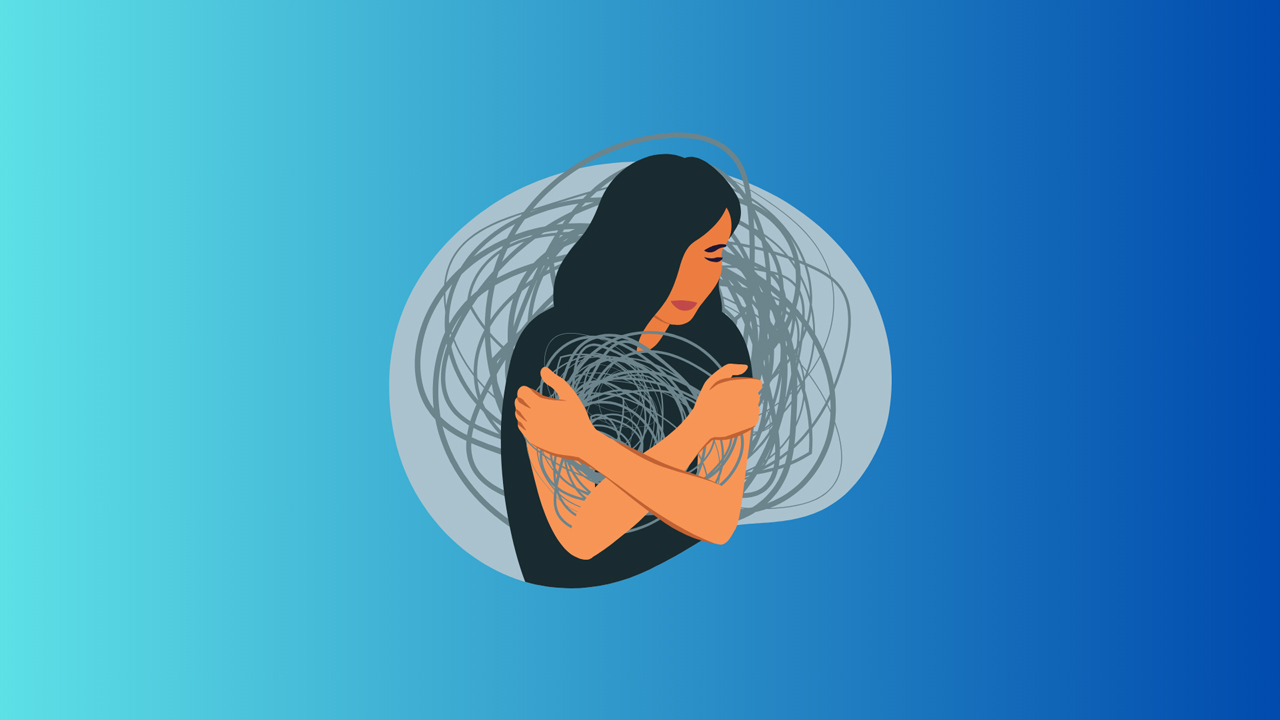The Stages of Grief
Grief is a complex, multifaceted emotion. It can arise from various situations, such as the loss of a loved one, the end of a significant relationship, or even a profound life change. While each person’s experience of grief is unique, it often follows a pattern known as the five stages of grief.
These stages, first introduced by psychiatrist Elisabeth Kubler-Ross, are Denial, Anger, Bargaining, Depression, and Acceptance. Understanding these stages can provide solace, reassurance, and a roadmap through the tumultuous journey of grief.
Denial
Denial is often the first reaction to loss. It’s a defense mechanism that helps us cope with the overwhelming shock and pain. During this stage, individuals may find it difficult to accept that the loss has occurred. The world seems unreal, and they might isolate themselves from the situation or avoid talking about it.
Anger
As the numbness of denial begins to wear off, anger may set in. People may feel a range of emotions, including frustration, resentment, and helplessness. They may lash out at those around them or even at the person they’ve lost. It’s important to remember that anger is a natural part of the healing process.
Bargaining
In this stage, individuals often attempt to make deals with a higher power or the universe to reverse or prevent the loss. They may have thoughts like, “If only I had done things differently, maybe this wouldn’t have happened.” Bargaining is a way to regain control in a situation where they feel utterly helpless.
Depression
The weight of the loss can lead to profound sadness and despair. This is the stage where individuals fully grasp the extent of the loss and its impact on their lives. Depression is a necessary part of the healing process, allowing for reflection and processing of the emotions.
Acceptance
Acceptance is the final stage of grief, where individuals come to terms with the reality of the loss. It doesn’t mean they are “okay” with it, but they have found a way to move forward and live their lives despite the pain.
FAQs
What are the stages of grief?
The stages of grief are Denial, Anger, Bargaining, Depression, and Acceptance. These stages represent the emotional journey individuals go through when dealing with loss.
Is it normal to experience these stages in order?
No, the stages of grief are not necessarily experienced in a linear fashion. People may move between stages or revisit them multiple times.
How long does it take to go through these stages?
The duration of each stage varies from person to person. Some may progress quickly, while others may take longer to move through the stages.
Can grief be experienced for reasons other than death?
Yes, grief can be triggered by various types of loss, such as the end of a relationship, the loss of a job, or a significant life change.
Should I seek professional help for grief?
Seeking professional help is a valuable option for those struggling to cope with grief. Therapists and support groups can provide guidance and support.
What can I do to support a grieving friend or family member?
Offering a listening ear, empathy, and understanding is essential when supporting someone through grief. Encourage them to express their feelings and seek professional help if needed.





